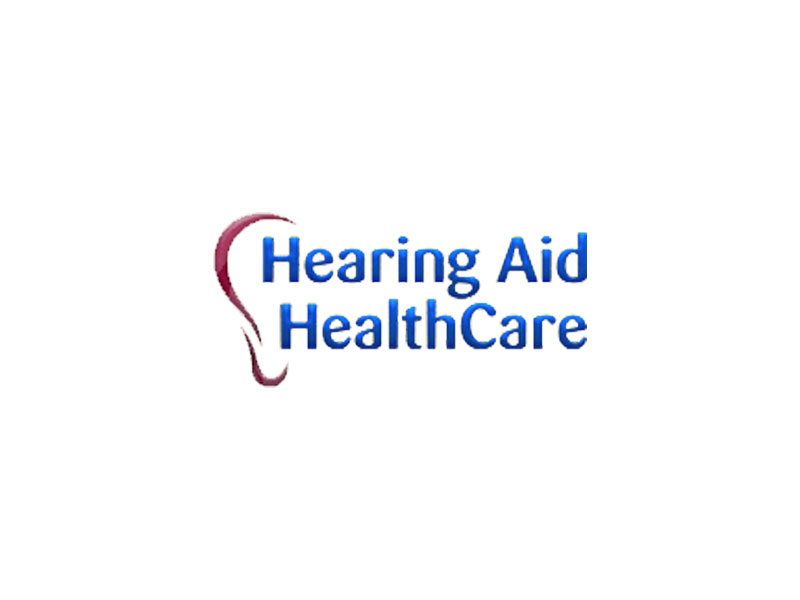If you wear hearing aids, you know that being able to trust that they are working properly is of utmost importance. You don’t want to have to worry about whether you are hearing properly or not or when the next time will be that they will break down. So, keeping your hearing aids in tip-top shape is important. You can do this by making sure to have your hearing aids checked by your Specialist on a regular basis and by maintaining a regular cleaning regimen at home. At a minimum, you should wipe down your hearing aids daily. Using a dry tooth brush is even better to release the dry wax that can accumulate on and in your hearing aid.
When do you decide to replace them instead of fixing them?
Hearing aids are a long-term investment. The average life-span of any hearing aid from any manufacturer is five to seven years. If your hearing aids are older than the typical life expectancy, you’ll be happy to hear that they can still be fixed. What you need to know is that, with older hearing aids, manufacturers often stop supporting the older technology. It’s what’s called “built in obsolescence,” and means that manufacturer can’t feasibly repair hearing aids forever. It just wouldn’t be good for business to continue to manufacturer the parts and keep them on hand for every hearing aid made. So, you may be told that the hearing aids are “not fixable.” This is simply not true, however. There are many non-manufacturer repair labs, called All-Make labs that often have parts. So, if you are being told that you must replace the hearing aid because it isn’t fixable, get a second opinion. If you were happy with your hearing aids prior to their breakdown, it’ll be worth your time to find someone who can get them working again.
But what if you weren’t happy with the hearing aids?
The nice thing about hearing aid technology is that it is rapidly advancing. If your hearing aid is more than four years old, it may be worth your time to talk to your Specialist about what’s new. You may find that your money is better spent on replacing your hearing aids than on fixing something that wasn’t doing the job in the first place.
If you’re wondering what the best decision is for your situation, call our office today. We’d be glad to discuss it with you further.
